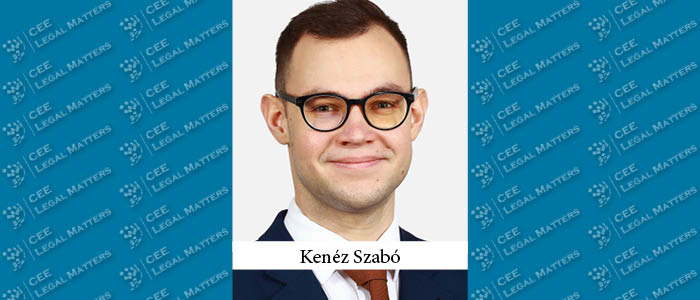Technical guidance published on the websites of the Hungarian Competition Authority (HCA) and the Public Procurement Authority in November 2023 on corruption risks and cartel agreements affecting the fairness of public procurements.
The guidance aims to both raise awareness among contracting authorities on how to ensure the most effective competition and avoid situations of corruption in public procurement procedures and to help them to identify the warning signs of anti-competitive behavior by tenderers. In addition to providing practical, up-to-date information and refreshing the content of the authorities' previous publications, the guidance also covers, among other things, the risks of corruption and anti-competitive behavior arising from conflicts of interest, what makes a call for tender anti-competitive, and the concept of a public procurement cartel and its legal consequences.
A public procurement cartel is when independent competing undertakings collude to allocate the market for the goods or services to be procured through public procurement and agree on prices or other terms of sale, thereby eliminating or restricting competition between them. Legal consequences include fines imposed by competition authorities, exclusion from public procurement procedures, imprisonment, and private enforcement.
What can the contracting authority do in preparing and conducting a public procurement procedure to ensure that competition is fair?
During the indicative request for proposals and the preliminary market consultation, the contracting authority may not make known to economic operators the date that the procedure will be opened, nor may it specify the need for the supply, the quantity of the supply, or even the delivery date and its timetable. Suitability requirements must be defined in such a way as not to restrict competition. Although the involvement of interested economic operators in preparing the procedure is not prohibited, in such a case the contracting authority is obliged to communicate all relevant information relating to the procedure to the other economic operators as well. Using an external expert is also possible, but it is advisable to ask for a declaration of conflict of interest, as they are acting on behalf of the contracting authority and any collusion with potential tenderers will constitute an infringement on the part of the contracting authority. When choosing the type of procedure to be used, the procedure under Section 115 of the Public Procurement Act should be avoided, (whereby the contract notice is not published publicly but is sent directly to at least five professionally reliable economic operators capable of providing the service requested by the contracting authority), as the open procedure can ensure the broadest competition. Furthermore, it is important that failing to reply to the additional information requested by potential tenderers, should not result in the economic operator interested in the procedure not submitting a tender, and there should be equal opportunities to make up for deficiencies.
What can a potential tenderer do if the terms of a public procurement procedure restrict competition, and what are the legal options available to the contracting authority if it detects restrictive behavior by tenderers?
If the contracting authority does not modify or clarify the terms of the procedure despite the potential tenderer's request for additional information and the potential tenderer still considers them to be restrictive of competition, it can initiate a preliminary dispute settlement procedure. If the contracting authority fails to modify the restrictive terms as a result, potential tenderers can also initiate a legal remedy.
If the contracting authority considers that certain tenderers are jeopardizing a clean procurement, it must notify the HCA by means of a so-called signaling. Price-fixing, false bidding, bid-rigging, bids placed on hold, market-sharing, information cartels and situations where undertakings form a consortium in a joint bid without objective economic justification, even though they could have competed individually, are all considered to be manifest infringements of the antitrust rules. The signaling will be carried out in a secret procedure, without the knowledge of market participants after consultation with the HCA's Cartel Detection Section. However, this does not automatically lead to the opening of competition proceedings. In opening a case, the HCA will consider, among other things, how de minimis rules may apply to the conduct, whether the legal system allows other ways to remedy the infringement, what the impacts of the challenged conduct on the relevant market are, what the estimated value of the public procurement procedure is, and what the advantages and disadvantages of the HCA initiating an investigation are.
By Kenez Szabo, Junior Associate, Baker McKenzie


